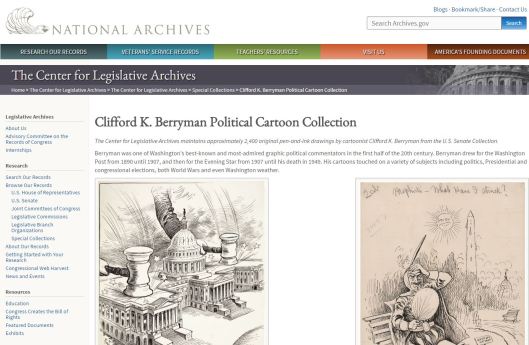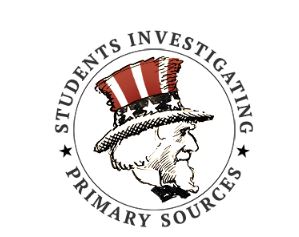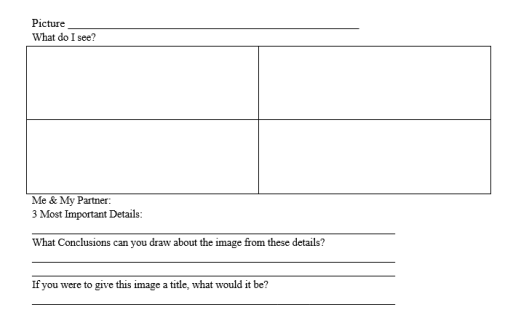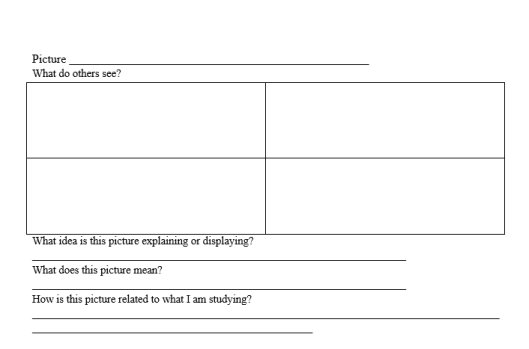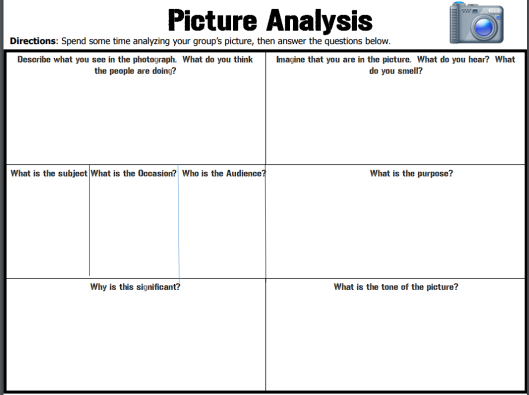Today’s post is a guest post from Audrey Mazzota, the Southeast Regional Coordinator for the Joe Foss Institute. She joins us this morning to discuss how the Joe Foss Institute can help you and your students grow in your understanding of American history and civics through the programs they offer. As a veteran, I especially admire their integration of active duty and former military members into classrooms. Please remember that this is a national organization, so it serves more than just Florida!
As teachers know, stories transport children to a new level of understanding. The Joe Foss Institute (JFI), a national nonprofit organization, and their Veterans Inspiring Patriotism (VIP) program, uses the power of a “living history” story to inspire students and bring the concepts of citizenship and freedom to life.
Military veterans visit classrooms and speak of their service, in addition to delivering free education material on the Flag, Constitution, Bill of Rights and Declaration of Independence. These corresponding videos and lesson plans are fun, engaging, aligned to clear learning objectives and are age appropriate. Florida history teacher Evy Fernandez says, “Having a veteran talk about their experience helps students put my lectures and lessons into perspective.”
Teachers solely seeking materials to supplement their civics and history lessons will find a resource in JFI’s You Are America civics series. In addition, classroom-size Flags and poster-size copies of the Founding Documents are offered free to schools.
Since its founding, JFI has enriched the education of more than 1.6 million, K – 12 students nationwide and more than 53,000 students in Florida.
JFI was founded in 2001 by Medal of Honor recipient General Joe Foss, and his wife Didi, to help educate young Americans on responsible citizenship and prepare them for civic engagement. In addition to classroom presentations and educational resources, the Institute offers college scholarships.
For more information on the JFI and their programs, or to volunteer, please visit joefossinstitute.org or contact Audrey Mazzotta, JFI Regional Coordinator – Southeast Region, at amazzotta@joefossinstitute.org
Thank you, Audrey, for the post and for the work that you do!



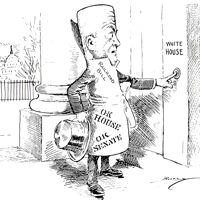 Anyone Home? Cartoon by Clifford Berryman, 2/24/1920
Anyone Home? Cartoon by Clifford Berryman, 2/24/1920